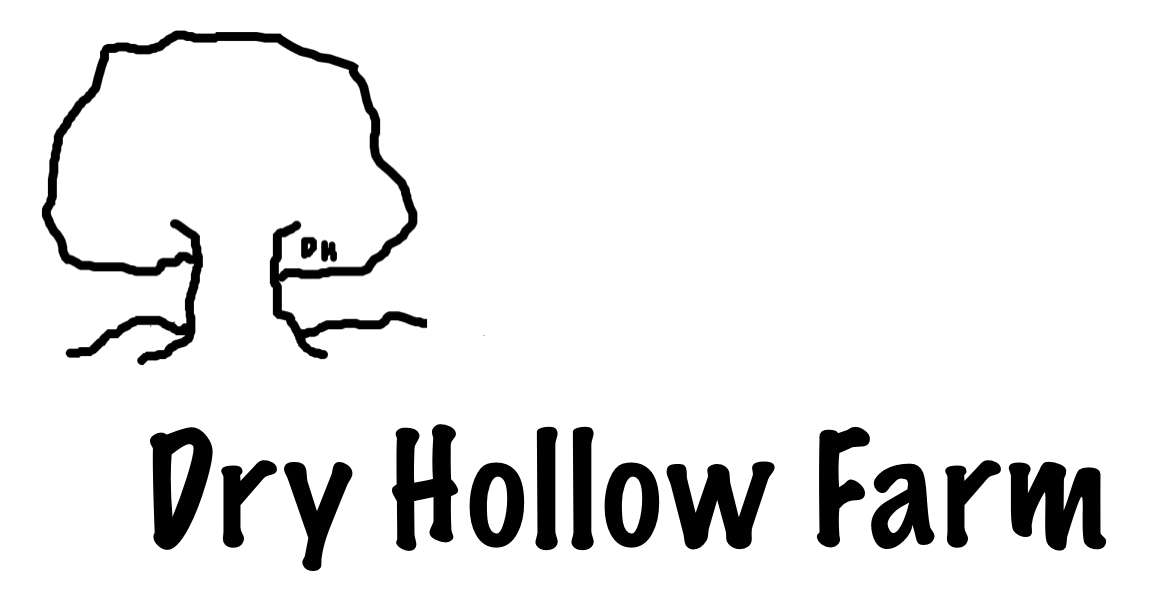Free-Range Chicken Life
Visit our farm any day between 6 am and 5 pm (give or taken an hour depending upon the time of year) and you will be greeted by a passel of free-ranging chickens and roosters. They have the run of the farm and spend their days searching for tasty snacks as they wander.
Although they can occasionally prove a nuisance, no farm venue is complete without the constant clucking and crowing of a flock of chickens.
After many years of the free-range chicken life, this is what we have learned:
#1 Roosters crowing at dawn is a myth. In western Tennessee, they begin at 3:30 am and continue until dusk when they finally fall asleep (and quiet!) for the night. If awakened by the howling of coyotes, they will crow at midnight, one am, two am, etc. etc.
#2 Free-range chickens make great compost turners. No matter what we throw in our compost bins, the chickens soon follow and use their tough feet and sharp talons to constantly turn the pile for us.
#3 Free-range chickens make terrible gardeners. When I plant seeds or seedlings in a garden bed, our free range chickens will gather at a safe-viewing vantage point to watch. As soon as I give my attention to another task, they pile into the freshly turned soil for a quick snack of seeds or new bugs I have unwittingly provided. For this reason, every one of our herb, luffa, or garden beds must be protected with mesh wire. Is it irritating? Yes. Time-consuming? Yes. But not enough for us to decide to have the neighbors over for a huge fried chicken spread.
#4 Our chickens are beneficial in the winter months when garden beds lay fallow and mulched. Every day they turn the soil and compost for us as we had layer after layer to improve our soils for herb and vegetable gardening. Come spring, we dig our shovels into fresh, dark composted dirt much improved from the hard clay soil of western Tennessee.
#5 Chickens and goats co-exist nicely. One spring we had three chicks hatch in a barn loft. They fell down into the goat’s hay-munching area, and there they matured without the aid of their mother hen. Here they created a symbiotic relationship with the goats as they spent the first few months sleeping in the middle of a goat pile. As they grew, they took to riding on the back of a goat, pecking away at bits of grain, hay, or bugs that are buried in their coarse hair. Now that they are mature, chickens roost on the hay manger and use the goats as stepladders to access their beds for the night.
#6 With free-range chickens, every day is Easter. Although we provide several dark, secluded, and easily-accessible locations for laying eggs, many of our chickens choose to go elsewhere for their daily sit down. So every day is something of a scavenger/egg hunt. Usually we just follow Chester our farm dog who has a sixth sense for finding fresh eggs (for his daily snack)!
#7 Also check the back of a service vehicle before they depart for escapees!
Despite the many frustrations, it is difficult to imagine our farm without free-range chickens. They provide a constant source of entertainment for us and our guests, and their constant crowing and clucking create the unmistakable sound track of farm life.
Dr. Kathryn Bush owns and operates Dry Hollow Farm, a working goat and sheep farm in Huntingdon, Tennessee. Together with her husband, Russell, she creates skincare products from their fresh goat milk, grows organic herbs, welcomes visitors to their two cabins on the farm (available for stays through Airbnb), keeps the farm’s on-site soap shop stocked with their handcrafted products, and enjoys working the farm in company with their Great Pyrenees dogs (who work hard guarding the animals). Check out their natural products featuring farm-grown ingredients here, and sign up for the Dry Hollow Farm newsletter to stay in touch and be the first to hear about farm news, events, and new products.


